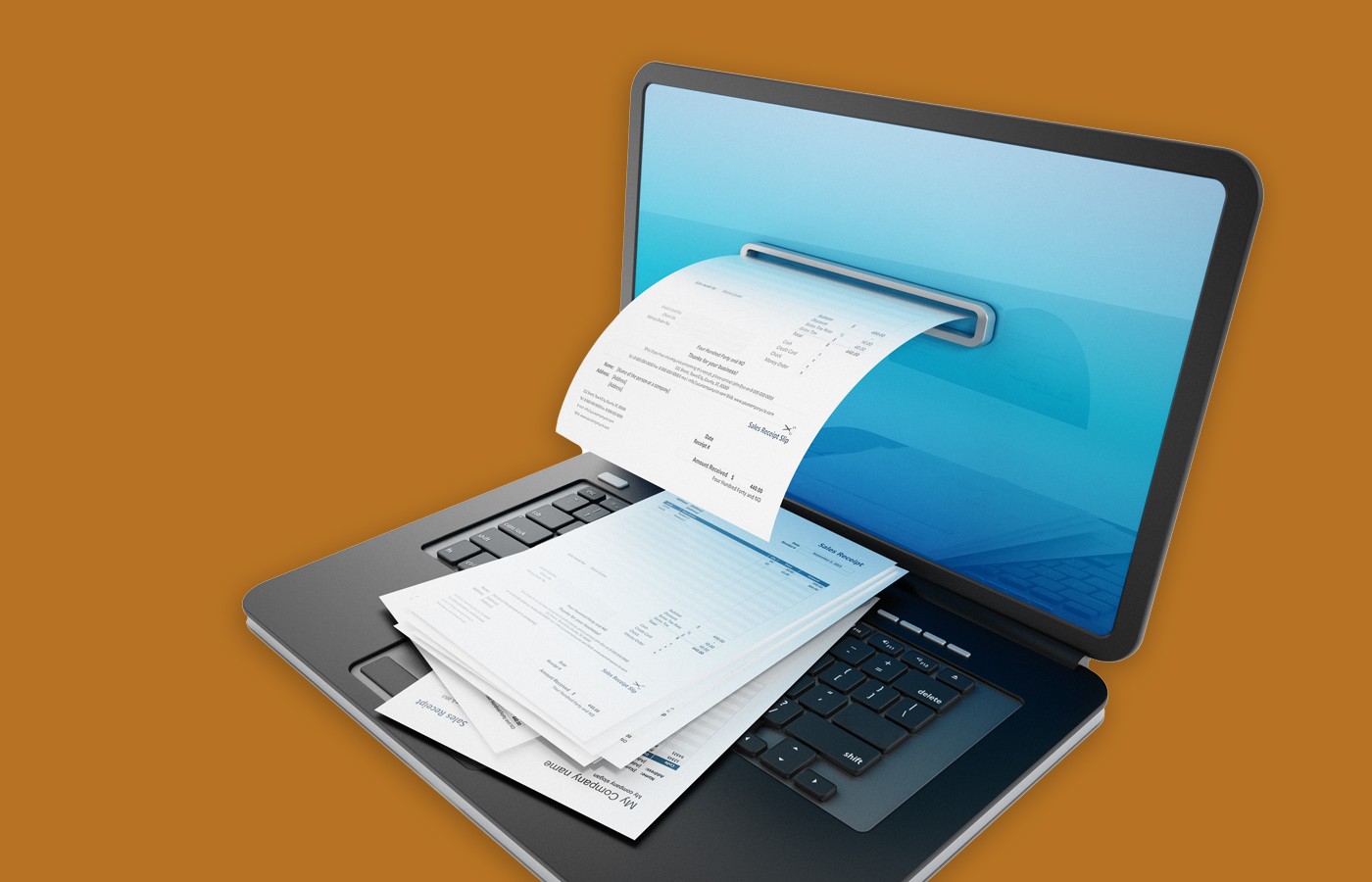On Jan. 24 1978, the New Zealand governor-general referred to a Commission of Inquiry an investigation to determine the desirability of providing for reimbursement of chiropractic benefits under the New Zealand Social Security Act and the New Zealand Accident Compensation Act. The commision's findings would impact chiropractic worldwide for decades to come.
Is Electronic Billing / EHR Mandatory?
Question: I have been hearing that electronic health records and electronic billing are now mandatory. Is it true that I will need to purchase an EHR system?
The infinite rumor mill and hyperbole machine always seems to have momentum. Just consider the myriad information thrown at health care and chiropractic specifically over the years that was false or not the full story.
In terms of billing and record-keeping, remember the Y2K doomsday for the health care profession? Or how about that claims would not be paid when we updated to ICD-10? This is not to minimize the potential for issues, but merely to emphasize that often these things are overhyped. In some instances, it is a planned agenda to prey upon that fear and promote that “they” have the right product and tool to solve the problem.
The rumor of electronic health records being mandatory has been around since 2009 and every few years it seems to gain momentum, particularly from vendors of EHR systems. I am not disparaging the value of a good EHR, but weighing in on whether it is mandatory.
So, What’s the Answer?
No, electronic health records (EHRs) are not mandatory for all health care providers in the United States, although federal law strongly encourages their use. The decision to implement an EHR system is ultimately up to each health care provider based on their specific needs and circumstances.
However, some laws and regulations have incentivized EHR adoption, particularly among providers participating in Medicare and Medicaid. Although chiropractic was included, 95% of chiropractors were exempt.
There are many EHR systems, and they can streamline documentation and compliance, but are not mandatory. The same is true for electronic billing by the provider of service.
It is mandatory, however, that payers (insurance plans) must have the ability to accept electronic claims. This is part of HIPAA, The Health Insurance Portability and Accountability Act of 1996, which requires electronic transmission of core financial and administrative transactions, including billing and electronic claims processing. HIPAA also requires that all electronic claims be submitted using the X12 837 format.
Medicaid / Medicare Requirements
As a part of the American Recovery and Reinvestment Act (2009), all public and private health care providers and other eligible professionals (EP) were required to adopt and demonstrate “meaningful use” of electronic medical records (EMR) by Jan. 1, 2014, to maintain their existing Medicaid and Medicare reimbursement levels. The law’s goal was to improve quality, safety, and efficiency, and to reduce health disparities.
Additionally, Medicare-eligible professionals who failed to comply with EHR requirements by Jan. 1, 2015, faced a 1% annual reduction in Medicare claim reimbursement. This penalty increased to 3% in 2017 and continued each year until compliance was demonstrated.
The Advantages of EHR
There are many advantages to electronic claims and many providers will opt to send claims in that manner – often due to no or minimal cost. Using an EHR system also reduces the amount of time and resources health care practices devote to manual administrative functions – time that can be better spent with patients or focused on other practice efficiencies.
Electronic claims can go through instantly, allowing payers to reimburse claims as soon as they are approved. Electronic claims are cheaper to produce. Pre-audit claim fields automatically spot potential errors before submission to a payer. EHR also allows providers to identify claim issues and provide online claim resolution before processing by a payer.
In addition, with an EHR you can track a claim’s progress between intermediaries (e.g., a billing service or clearinghouse) and a payer through an electronic audit trail; and of course, reduce postage, supplies and mailing expenditures.
Mandatory It Is Not, But...
I suggest chiropractic practices move toward use of EHR systems, as many now integrate day-to-day documentation to produce a claim and eliminate many administrative steps. For baby boomers and Gen X doctors, could you imagine going back to banking transactions only in person and at the bank? Even the use of ATMs is becoming obsolete when you consider how you can deposit a check to your account simply by taking a picture with your phone.
The key factor is to use what your are comfortable with; however, your decision should be based not on fear or a trend, but how these systems can greater enhance your practice and reimbursement. When is the last time you saw a slide rule or for that matter, a personal calculator? It is time to bring your practice to the digital age to enhance what you do, even if it is not (yet) mandatory to do so.
Editor’s Note: Have a billing question? Submit it via email to Sam at sam@hjrossnetwork.com. Your question may be the subject of a future column. Note that submission of a question is acknowledgment that it may be referenced (anonymously) in his column.



